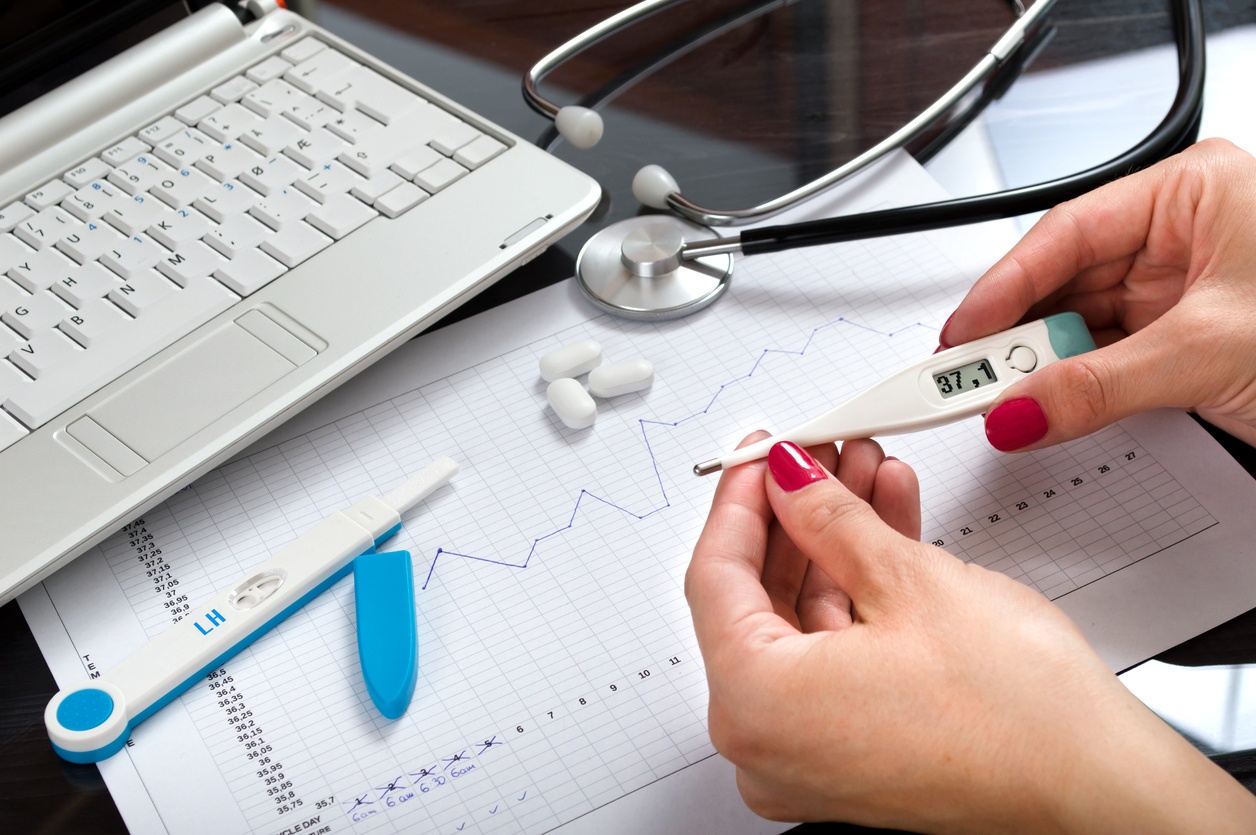Ovulation Symptoms: 7 Signs of Ovulation

If you're trying to get pregnant, it's important to know the signs of ovulation. That way, you can time intercourse to increase your chances of conception.
What is ovulation?
Ovulation is the process of an ovary releasing an egg. After release, the egg travels through the fallopian tube to the uterus. If the egg is fertilized by a sperm during the journey to the uterus, pregnancy may occur. Ovulation typically occurs during a 24-hour time frame, but a sperm has six days to reach the egg for fertilization.
Women who have 28-day menstrual cycles will ovulation around day 14. However, that doesn't mean ovulation will always occur on that day. There is lots of variability among woman's bodies.
Signs of ovulation
Unlike other mammals, humans don't show physical signs of ovulation, nor do women emit pheromones letting her mate know the time is right. In humans, there are subtle ways to know when ovulation is occurring.
Mild pelvic discomfort
Around 20 percent of women experience pelvic pain during ovulation. It's called Mittelschmerz, and it's usually centered on one side or the other. The pain usually lasts from a few minutes to a few hours and can be alleviated with over-the-counter remedies; if not, consult your doctor.
Increased resting pulse rate
Research shows a woman's resting heart rate will increase in the days leading up to ovulation. Between days two and five of ovulation, her pulse rate will be about two beats higher than during menstruation. It continues to rise until menstruation when it drops off significantly.
Basal temperature changes
A woman's basal body temperature dips on the day of ovulation. It quickly returns to normal after the egg is released, so tracking ovulation with this method may not be the best method of enhancing fertility.
Changes in vaginal discharge
As estrogen increases, the consistency of vaginal discharge becomes more watery. It will feel slippery and not unlike a raw egg white. After ovulation, the discharge quickly dries up and returns to its normal viscosity.
Breast tenderness
Increased hormones will cause the breasts or nipples to become painful or tender in the days leading up to ovulation.
Increased libido
Some woman have an increased sex drive during ovulation. This could be a biological response to ensure procreation, but it's not a definite indicator of ovulation. There are many other factors that could influence this.
Swollen lymph gland
The inguinal lymph gland swells to the size of a pea in 70 percent of ovulating women. The gland is located in the crease of the leg, between the pelvis and the top of the thigh.
If you've tried unsuccessfully to conceive, please schedule a fertility evaluation with our clinic. If your body is not ovulating naturally, ovulation induction may be right for you. The treatment is often combined with Intrauterine Insemination (IUI) or IVF treatment.







